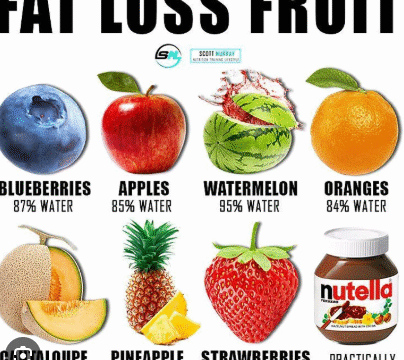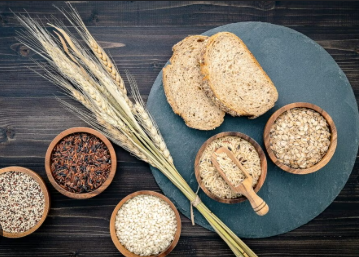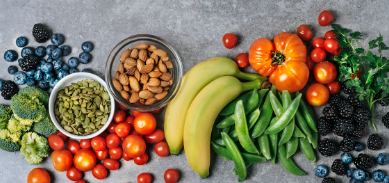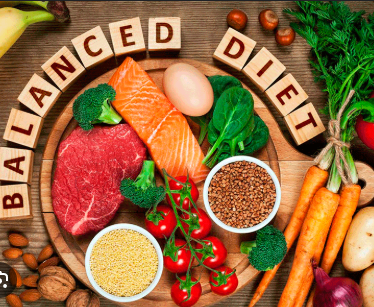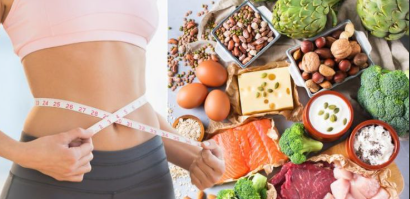Protein is one of the most important nutrients in your diet. Beyond building and repairing muscles, it plays a key role in how full you feel and how your body uses energy. Including more protein-rich foods in your meals can be a smart strategy for supporting healthy weight goals.
1. Protein Promotes Satiety
Compared to carbohydrates and fats, protein takes longer to digest. This helps you feel fuller for a longer period after meals, which may reduce the urge to snack excessively throughout the day.
2. Protein Supports Muscle Maintenance
When you are working toward weight management, keeping lean muscle is important. Muscle tissue burns more calories at rest than fat tissue. Eating enough protein provides your body with the building blocks (amino acids) needed to maintain and repair muscles.
3. Protein Has a Higher Thermic Effect
Digesting protein requires more energy compared to fats and carbs. This “thermic effect of food” means your body naturally uses more calories to process protein, supporting efficient energy use.
4. Protein Helps Stabilize Energy Levels
Protein slows down the absorption of sugar into the bloodstream. By pairing protein with whole grains, fruits, or vegetables, you can keep blood sugar levels more stable—helping avoid energy crashes and overeating.
5. Versatile Sources of Protein
There are many delicious and accessible protein-rich foods, such as:
- Lean meats like chicken, turkey, and fish
- Plant-based options like beans, lentils, tofu, and tempeh
- Dairy products such as yogurt, cottage cheese, and milk
- Nuts, seeds, and eggs
Key Takeaway
Protein-rich foods don’t work as a “magic solution” for weight loss. But they can make a meaningful difference in managing appetite, supporting muscle, and keeping your energy steady. Combined with balanced nutrition and an active lifestyle, protein can be a powerful ally for long-term wellness.


